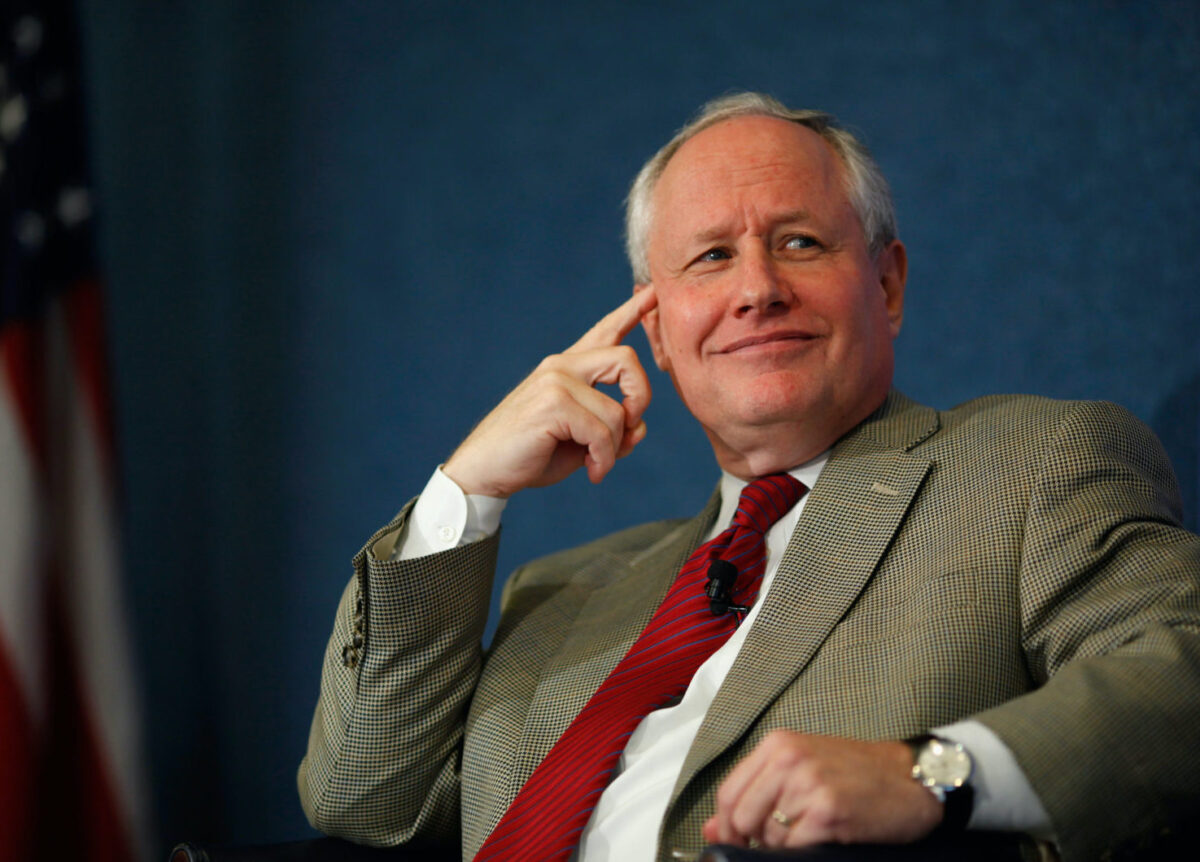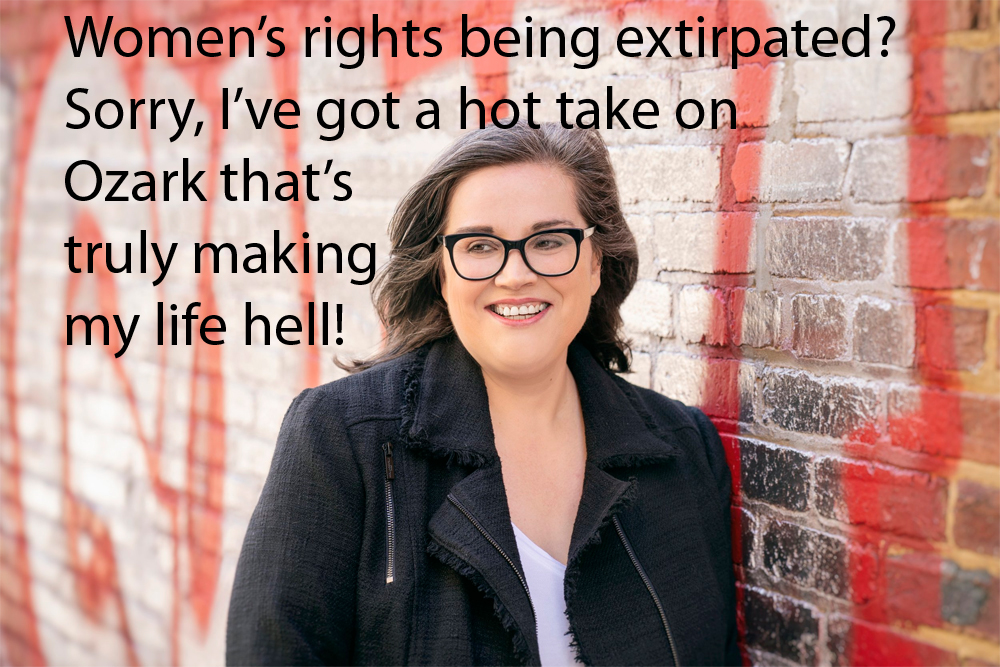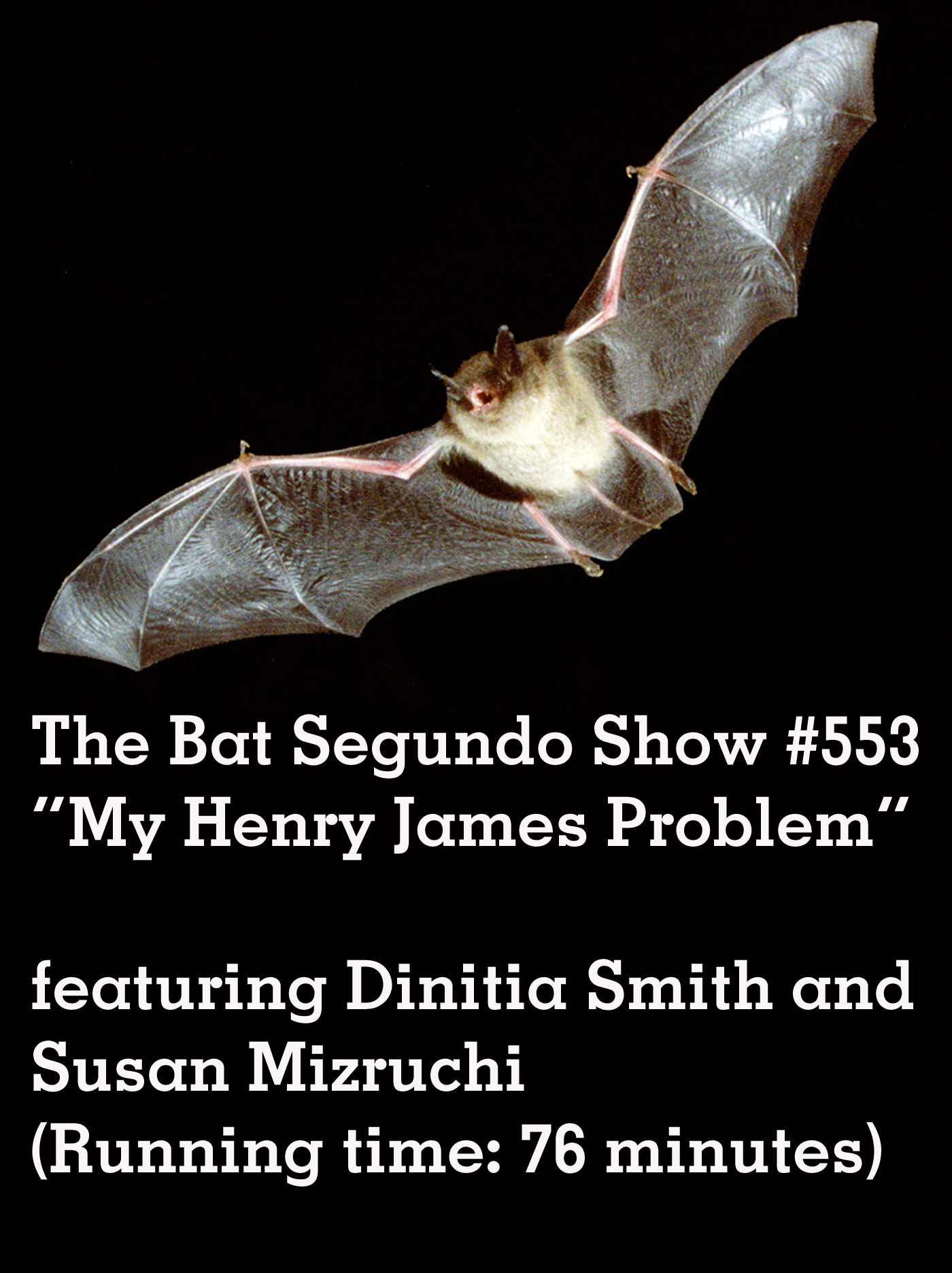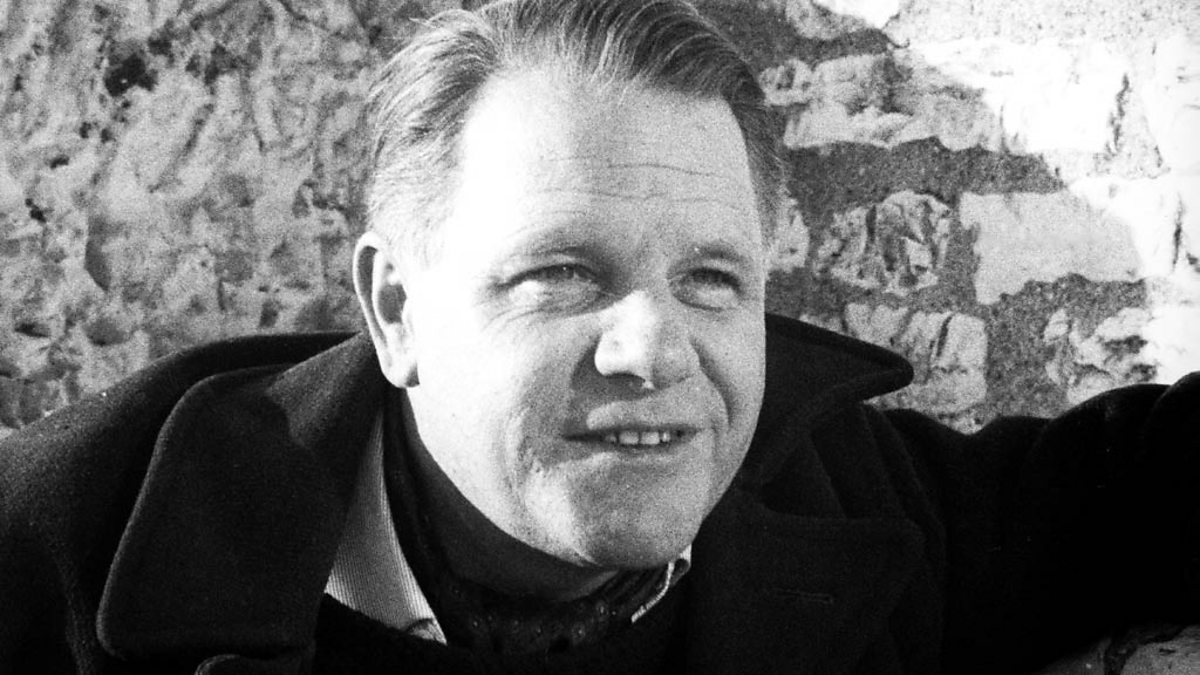Most of us withdraw money from our checking accounts at least once a week. We do, after all, have to survive in this wildly flawed and ever more hurtful world. Even when the money we withdraw doesn’t mean much. Slips of green paper that have touched several hands before us, used to acquire food and other items that allow us to survive. And with inflation, the value of money increasingly means much less. The quiet joke about money is more apparent these days. A dollar bill and a euro walk into a bar. They both measure their value against each other, which is subject to whims that are beyond their control. The dollar bill says to the euro, “Whose wallet or purse do you think you’ll end up in this week?” The euro replies, “I don’t know. But I’m sure some stranger will slide me across a counter to buy something before I have time to get comfortable.” “It’s a transient life, to be sure.” “A transactional one.” “Same diff.” “When do you think you’ll die?” asks the dollar bill. “I don’t know,” says the euro, “we don’t live as long as dogs. Maybe eight years if we’re lucky. All the wear and tear.” “I know,” says the dollar, “I’m starting to feel my age.” “You’re holding up very well,” says the euro, “let me buy you a beer.” But in the euro’s noble quest to honor the camaraderie that he has just established with the dollar, he has no alternative but to submit himself as the instrument of payment when the bartender arrives. And while the dollar enjoys his beer (only to be scooped up from the barstool after a mere two sips by a bipedal ape-descended life form in great financial need), the euro finds himself spending the next several hours inside the dark boxy abyss of a cash register cage before he is eventually transferred to a safe, which is an even more depressing place to exist than the cash register. Small wonder that currency has no soul. This is no way to live.
Not that money has ever meant all that much to me — except as a means to carry on surviving. The things I enjoy doing and that I am particularly good at are far from lucrative. In fact, I tend to lose time and money when I’m doing these things, although I do not consider that I am withdrawing from anything when I am happily doing these things. I have all the books I could possibly need — even if I cannot stop buying them. It is not so much the money I care about, but the books, which have become increasingly more reliable than people in 2022 and appear to be the foundation for whatever sanity I possess. I have all the things I could possibly need. I don’t need anything more. And the idea of playing the crypto market strikes me as one of the most boring pastimes imaginable. Even more boring than gambling, which I also do not do often. The last time I gambled, it was three years ago and on a whim. I had stopped at Atlantic City after recording with an actor in Virginia. I had a car to return the next morning. And it seemed ridiculous to drive all the way back to Brooklyn, only to drive to Newark to return the car, when I could simply stay in New Jersey and thus delude myself into believing that I was still on a journey. I had not been in Atlantic City before and felt, after living in New York City for more than a decade, that the time had come to finally visit this seedy place — a venue perhaps best memorialized by Joshua Cohen in an essay for a magazine run (in part) by someone I strongly detest and who has proven, as I suspected all along, to be largely in this for the money. Anyway, I was in a casino for less than an hour and won big at the craps table and I walked away with my winnings, which most people do not do. Quit while they’re ahead, that is. I had enough for a hotel room and more. Why give this small fortune back to the casino? Yet while I was waiting for an overworked man with a sad angular face to book me a hotel room, and affording the man great leeway because he looked as if he was having a very bad day, I stepped to the side and played the slots and won another jackpot. And these combined winnings were enough for me to live like a king that night — even though I had no aspirations to royalty. I certainly didn’t have any particular desire to throw money around. I didn’t need to withdraw anything. I still don’t feel any overwhelming need to withdraw money unless I need to buy a sandwich or something. But I will stick up for my worth.
The more noble of us withdraw blood. Often for doctors, who request to see it and study it. More often, in my case, for blood banks. Because people need it. And even though I tend to be squeamish around needles when I donate blood (although not so much when it came to getting vaccinated) — a quality which guarantees that I’ll never attempt heroin as long as I walk this earth — I still do this for the greater good. Whatever displeasure I have when a nurse draws blood from me is worth it. And I can usually disguise or distract myself from my discomfort with a fusillade of jokes that, in turn, helps the nurse to have a better day as she treats largely ungrateful patients. (I know how ungrateful people can be. I once worked in a vaccination center. I still treated everyone like royalty, even when they were rude to me.) But maybe I’m overestimating my squeamishness. Or even the quality of my wit. I recently saw a doctor and sat stoically as great pain flooded throughout my body. And the nurse replied, “You know, most men who go through this cry. You don’t.” And it was true. I am better with my pain threshold these days than I used to be. But I have no idea if this is because of maturity or increased resignation. And the nurse proceeded to flirt with me and asked me why I was still single — this as I was in a largely naked and vulnerable position, this as pain continued to shoot through my corpus. I did my best to be present and not withdraw — even as bits of organic matter were being withdrawn from me. Because the operation needed to happen. There was no way around it. Encounters with doctors become more frequent as you get older. Aging is the body’s ignoble way of announcing that you are inevitably going to die.
The funny thing about the word “withdraw” is that its original meaning involved taking back something. To draw away. A possible variation of retrahere, which is Latin for “retract.” But when we say that we withdraw now, what are we taking back exactly? The money we withdraw from a bank is usually spent on something. The blood that is withdrawn from our bodies doesn’t return to us. But this etymology does provide me with some comfort. Because I find myself withdrawing from people more these days out of self-preservation. People are becoming crueler and more selfish. And it all makes me very sad. The mass shootings. The anti-choicers who want women to suffer and to give up all their autonomy and their identity. The ineptitude of Democrats. The cruelty of Republicans. But I don’t want to have the soul of a lonely euro whimpering in the dark heavy jail of a safe.
And it’s not just political. People who I thought were friends have demonstrated that they do not care about my feelings. They have their reasons. It has nothing to do with me, but that doesn’t stop their egotistical acts from causing hurt. They see the way that I live, which is entirely on my own terms and very much about being there for others, and they resent me for it. While more deranged members of our society would be more inclined to shoot up a school to contend with this imbalance, I’m not a violent man. And my response has been to withdraw from them. I mean, if you’re texting with an ostensible “friend” and pointing out that you’re not feeling all that great these days, and that “friend” replies “lol,” that’s not really someone you want to be friends with, is it? In the last two weeks, I have largely withdrawn from writing — something that I very much enjoy doing — because I am still dealing with the great hurt of busting my ass for someone who claimed to vouch for me and who even called me a “genius” (I’m not) and who fed me to the lions and who betrayed the many hours I put in. This two thousand word essay (or whatever the fuck it is) that I am writing right now is the most writing I have done in one sitting in eight days. And I have enjoyed writing it. And I feel right now a sense of catharsis. And coming to terms with all the flotsam in my head is helping me. And hopefully it will likewise help you — that is, if you’ve read this far. I’m sure that many people will resent me for enjoying the experience of writing this. Certainly someone as bitter as Fran Lebowitz, who I am increasingly believing to be a fraud and who will probably never read this, will see my enjoyment of writing as suspicious, if not worthy of censure. But then Fran Lebowitz likes to complain. It’s her schtick. And it has a limited range and repertoire. It’s enjoyable to some extent, but increasingly less so as I get older. She is not as bad as Ricky Gervais, who is a truly sad and hateful and mediocre man. His most recent transphobic “comedy” special caused me to cancel my Netflix account. Because I don’t need that kind of ugliness in my life. And I don’t want to support that. The world is ugly enough. My schtick is to try not to complain (except in the case of notable injustices, such as various Supreme Court rulings devised by soi-disant “originalists” or income inequality, or to stump on behalf of the many people who seem to trust me with their most vulnerable and heartbreaking stories and whose trust I feel the need to honor and to never betray because I don’t understand why they trust me and see me as a man who they can be open with), but to see and depict quotidian wonder, particularly strange quotidian wonder. And that is the basis for what I do. That’s who I am. I cannot be anybody else but me.
But back to this “friend.” I believed, after all the years we had known each other, that he would have my back. Much as I have always had his back and have taken significant risk to stick up for him because that is the kind of loyalty I have for people in my life. Because loyalty and honesty and good faith matter more to me than how anyone perceives me. But it was not to be. I was forced to withdraw.
So I am withdrawing from certain people. And my choice to withdraw has proven to reveal who certain people truly are and how little my honest passion and my fierce advocacy has truly mattered to them. I am withdrawing to take back something, per the original definition of “withdrawing.” And the hope is that I can find people who understand what I’m talking about here. Who intuitively know the big problem we’re not talking about. Who can read the room and see that a lot of us are scared and that inaction is no way to go about this tricky business known as life. I am withdrawing in order to be more present. To live to fight another day in a long and difficult fight that is increasingly essential to preserve the joy and beauty of the universe and to inspire other people to live their best lives and to accomplish great things. Which now seems like the hardest fucking thing in the world. It used to be simpler. But it has to be done.






 Neither my companion nor I had read a single word of this almighty author at the time. As I was to learn only in the last few months, I missed the teenage ritual of diving into Durrell by about five to ten years. Justine, Balthazar, Mountolive, and Clea. These were the four volumes read by an impressionable generation just before me. My older literary friends describe soaking up Durrell’s words with wide and voracious eyes around seventeen — just before they joined the less exclusive liturgical practice of tossing their tasseled caps into the heavens preceding the uncertain foray into higher education and the newfound duty of negotiating injurious capitalism (clearly not redeemable by taxation these days, contrary to sentiments expressed by the novelist Pursewarden in Mountolive).
Neither my companion nor I had read a single word of this almighty author at the time. As I was to learn only in the last few months, I missed the teenage ritual of diving into Durrell by about five to ten years. Justine, Balthazar, Mountolive, and Clea. These were the four volumes read by an impressionable generation just before me. My older literary friends describe soaking up Durrell’s words with wide and voracious eyes around seventeen — just before they joined the less exclusive liturgical practice of tossing their tasseled caps into the heavens preceding the uncertain foray into higher education and the newfound duty of negotiating injurious capitalism (clearly not redeemable by taxation these days, contrary to sentiments expressed by the novelist Pursewarden in Mountolive).